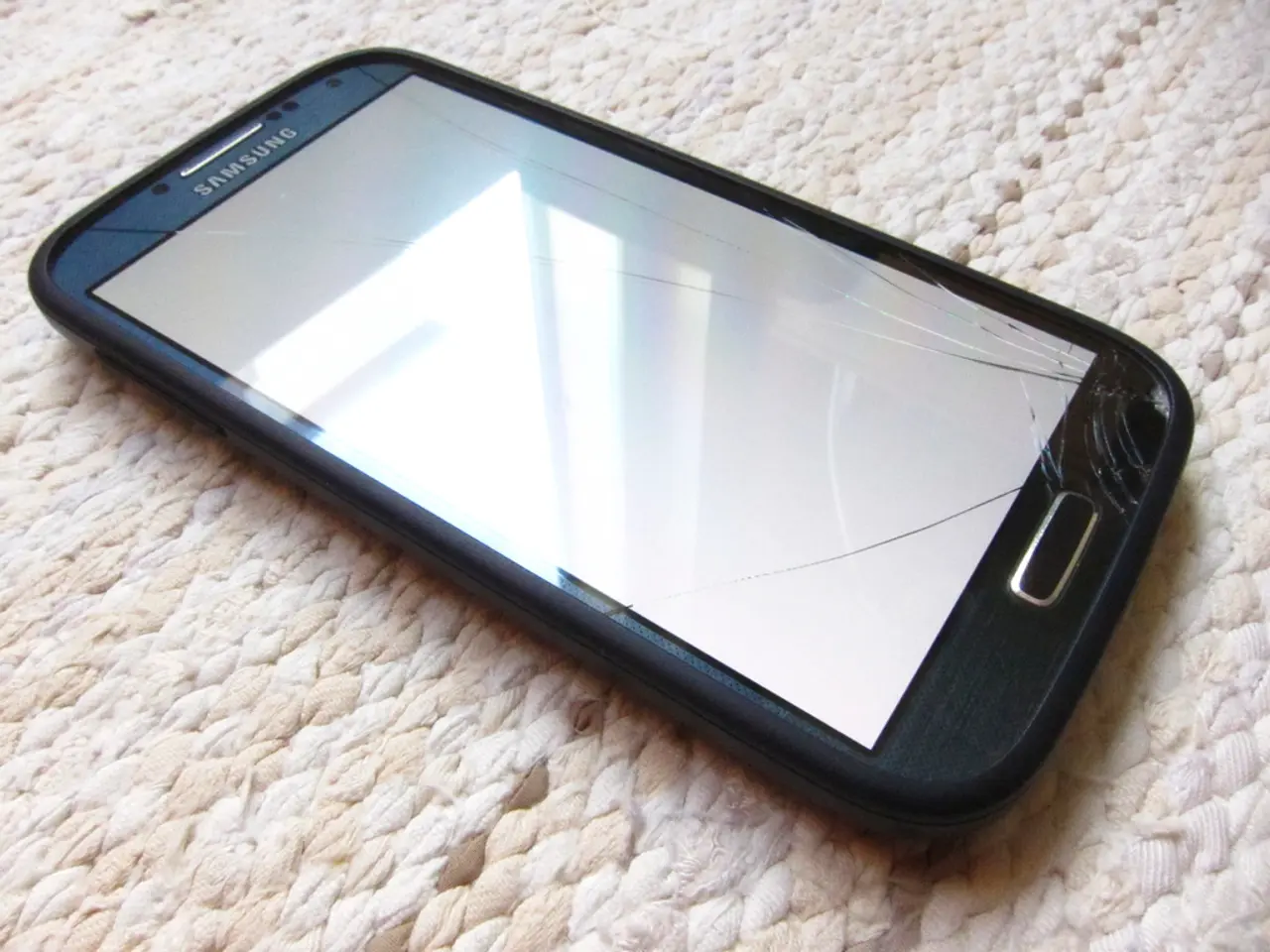Unveiling Mobile Trackers: Risks and Potential Misuse
In the digital age, cell phone locators have become a common tool for tracking the whereabouts of mobile devices. These devices or software applications, which can be divided into hardware-based and software-based, allow users to locate their phones, monitor the safety of loved ones, or even manage employee schedules. However, with great power comes great responsibility, and it's essential to be aware of the potential privacy concerns and security risks associated with these tools.
Software-based locators, such as Find My iPhone or Google's Find My Device, use GPS technology and mobile networks to provide real-time location information. They can also offer additional features like geofencing and alerts for entering or leaving specific locations. Meanwhile, hardware-based locators, like Tile or TrackR, consist of a small device that is attached to the phone or placed within the phone's case. They use Bluetooth or Wi-Fi to communicate with the phone and offer real-time location information.
While these tools can be incredibly useful, they also pose certain privacy risks. Unauthorized location tracking and profiling is a significant concern, with many apps collecting and sharing location data without explicit user consent. This can lead to detailed profiling of users' habits and preferences, which may be used for targeted advertising or sold to unknown marketing companies.
Another potential danger is the installation of spyware or malware on a phone, which can secretly track location along with other sensitive activities. Such malicious software may be installed via phishing links, infected websites, malicious apps, or ads and operate covertly without user knowledge.
Cell tower-based tracking, mobile operator tracking, and Wi-Fi and Bluetooth tracking risks also exist. Mobile operators and specialized devices called Stingrays can approximate or precisely track a phone’s location, while phones constantly scanning for Wi-Fi networks and Bluetooth devices can be tracked by malicious networks or devices in nearby areas.
To mitigate these risks, it's recommended that users take steps to protect their privacy and security. This may include reviewing app permissions, disabling unnecessary location services, avoiding untrusted Wi-Fi or Bluetooth connections, using VPNs and security software, and monitoring devices for unusual behavior.
Despite these risks, cell phone locators can be a valuable tool when used responsibly. Parents can use them to monitor the location of their children and ensure their safety, while companies can use them to monitor the location of their employees, particularly those working in the field. By being aware of these potential dangers and taking steps to protect personal information and privacy, individuals can use cell phone locators with confidence, knowing that they're taking advantage of a useful and secure technology.
Software-based gadgets like Find My iPhone or Google's Find My Device, often used for locating smartphones, can collect and share location data without explicit user consent, leading to potential privacy concerns and targeted advertising. Meanwhile, hardware-based gadgets such as Tile or TrackR, which employ Bluetooth or Wi-Fi to communicate with phones, can also pose privacy risks due to unauthorized tracking and profiling.




